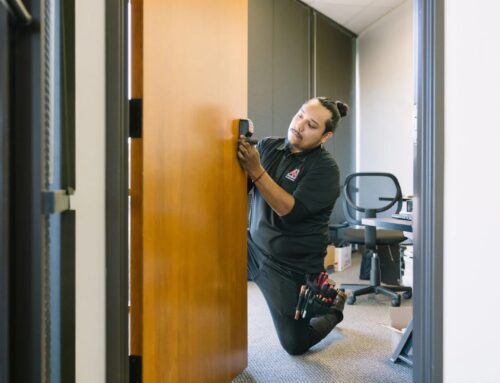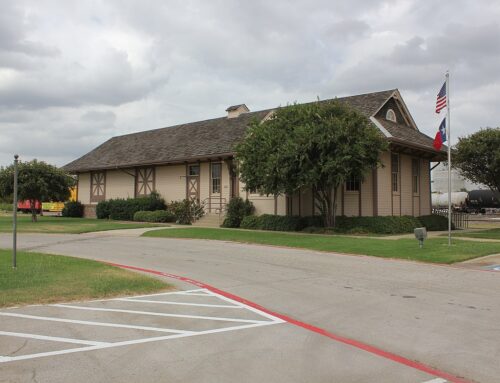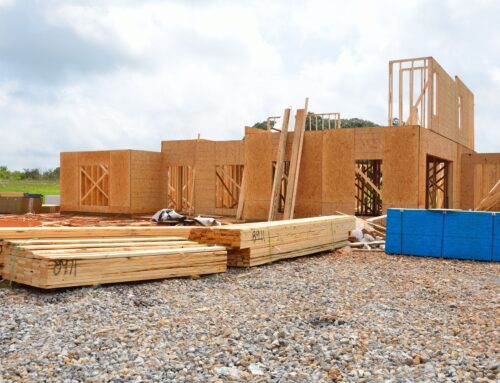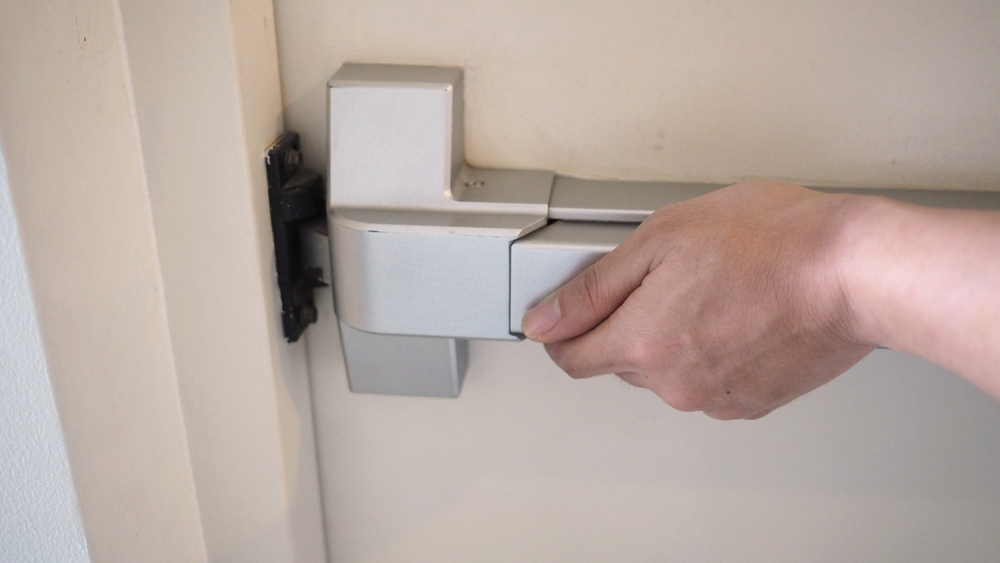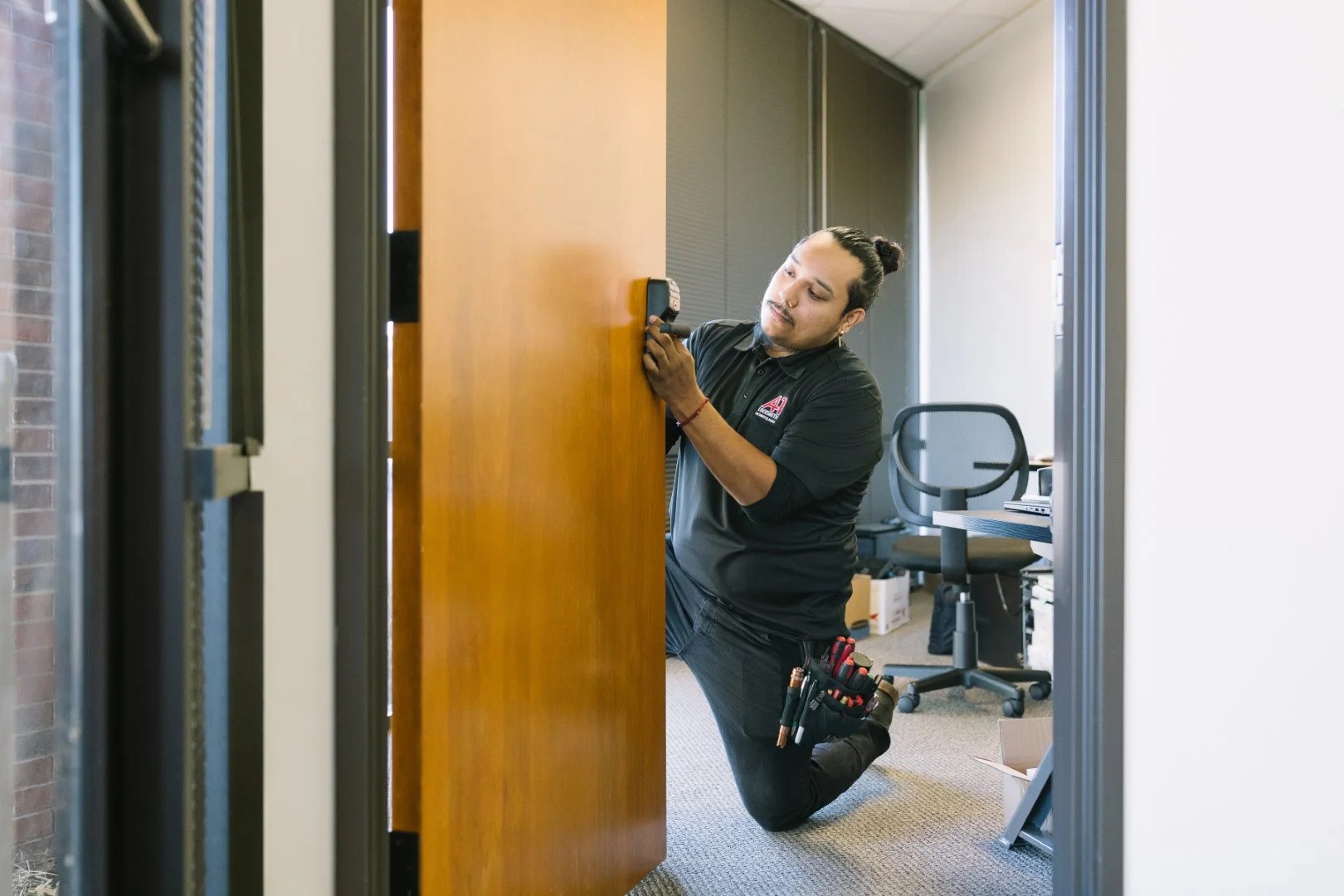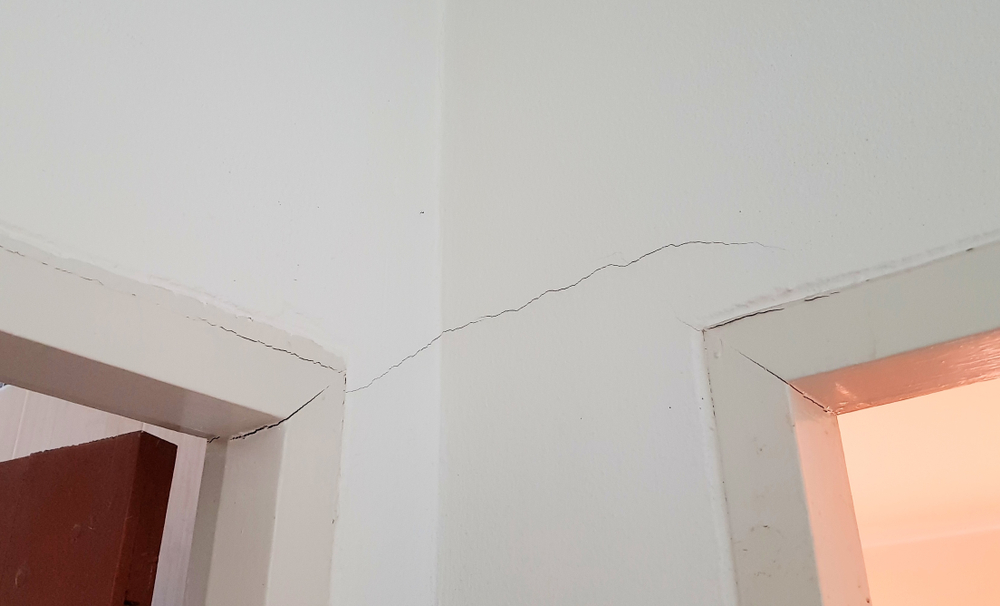What IS forensic locksmithing? Forensic locksmithing, or investigative locksmithing, is a relatively unknown field of investigative work; it provides a needed service to law enforcement, government agencies, and private companies. It analyzes lock and key systems for evidence of compromise which includes method of entry, the tools used, the time and skill required and any other evidence that identifies suspects, victims, or other necessary information. Don’t misunderstand-forensic locksmithing does NOT solve cases but rather it helps to provide evidence to law enforcement that HELPS to solve the case. Criminal investigations are a part of forensic locksmithing, however this branch of locksmithing also helps to provide routine security maintenance for government and private companies to help with identification of any attempts to compromise a lock or key system. These individuals also perform penetration testing and security research too.
So explain to me a little better?
You leave the house one morning and leave your house key on the kitchen table. What do you do? Call someone like A-1Locksmith to get you back into your home. Problem solved and no forensics is needed.
You go home one night after shopping, the house is dark, you forgot to leave a light on, and your kids are in the car while you unlock the door. You proceed to put your key in to unlock the door and STOP just before you do; the lock is destroyed. What do you do? Chances are, you go straight to your car, use your cell phone and call for help. The police arrive, catch the thief or thieves in the act, and their job is basically done. A forensic locksmith could be called in to determine what has happened. After all the investigation is done, you call someone like A-1Locksmith to install new locks as well as discuss future security options.
BUT what if you can’t SEE that someone has broken in but yet you have items missing? This is where a forensic locksmith would be called in to help determine what has transpired. The forensic locksmith will attempt to identify the method of entry; basically, determine how the entry was attempted or accomplished. They identify three methods of entry
- Destructive
- Covert (secret or hidden)
- Surreptitious (stealthy)
The main difference in these three types is the type of evidence left behind and the ease of identifying different attacks.
For all of your locksmithing needs, call A-1 Locksmith at (972) 284-7500 for the call center or for Emergency service, call (972) 284-7516. A-1 Locksmith offers competitive pricing and years of experience and is a name you CAN trust.
